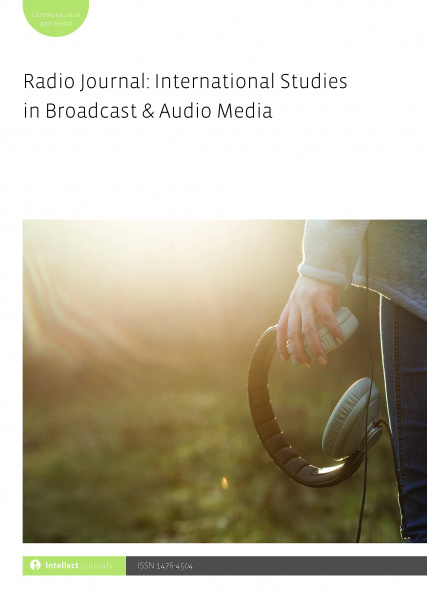
Full text loading...

Desert Island Discs reveals much about the BBC’s early approach to the radio interview. The radio programme calls for its audience, the host and a ‘castaway’ to engage in a fantasy where guests are invited to preselect musical records to accompany them on a fictional desert island. This concept acts as a vehicle in which the host asks questions or makes statements about the significance of these records, in order to unearth the private motivations of a public figure. This has proved itself as a predictable, reassuring and innovative format that all parties must commit to. This article addresses the first decade of the programme, where all interviews were scripted. Studying the origins of this series allows us to cast some assertions on the ways that scripting was used to communicate and mediate a host’s persona and an interviewee’s past and personality. The use of scripting was intended to create a sense of informality, humour and theatrical drama. Contextualizing these types of scripted exchanges further informs our understanding of the radio interview within our mediated cultural heritage.

Article metrics loading...

Full text loading...
References


Publication Date:
https://doi.org/10.1386/rjao_00023_1 Published content will be available immediately after check-out or when it is released in case of a pre-order. Please make sure to be logged in to see all available purchase options.